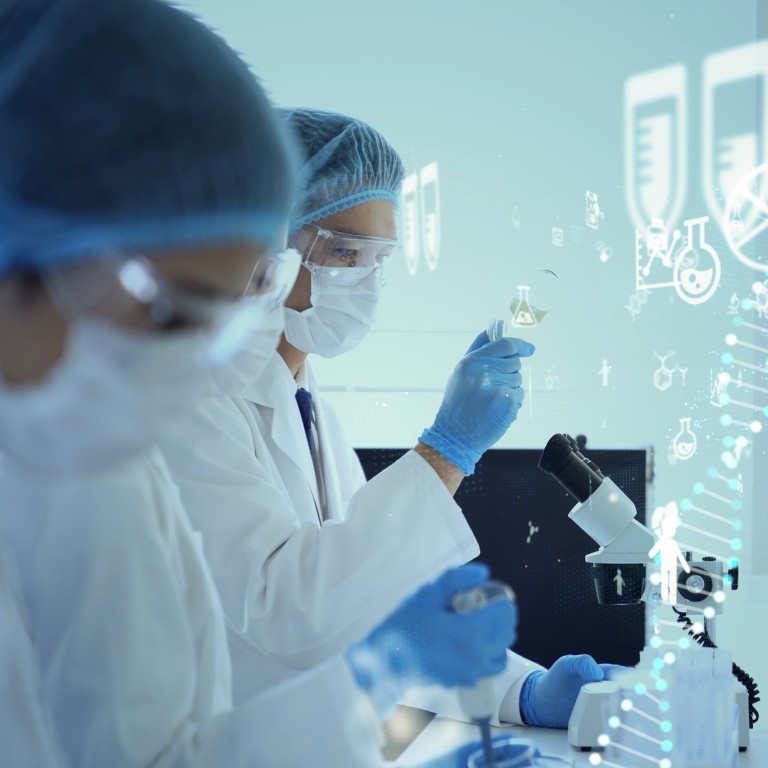Covid-19 made DNA tests popular for wellness, not just ancestry or insights – knowing your innate health risks can help prevent up to 80 per cent of diseases

- The World Health Organization says knowing what health risks you are susceptible to could prevent 40 to 80 per cent of diseases in the future
- The pandemic has shone a new light on wellness as gene tests bring the era of using personalised medicine to avoid cancer and deadly diseases ever closer
Imagine this: your doctor knows exactly what diseases you may be predisposed to and creates a personalised and proactive lifestyle plan to delay and prevent disease, ensure that your future children are born healthy and free of said predisposition, and that scientists and health care professionals are able to get ahead of common ailments to find a cure that prevents future suffering.
“People are finally realising that by understanding one’s own DNA, they can identify how to personalise their health and prevent and delay disease,” explains Danny Yeung, chief executive officer and co-founder at Hong Kong-based mail order testing centre CircleDNA. “Now with the pandemic, we have also seen accelerated growth in terms of people wanting to understand their DNA so they can optimise their health for maximum immunity.”
So what makes DNA testing so hot right now? While the health and wellness potential has been growing exponentially, the pattern at CircleDNA continues to lean toward more surface level health concerns, such as how to lose weight quickly and sustainably.

“By having our DNA test, individuals can then identify what is the best diet for themselves, their optimal vitamin intake, and much more,” says Yeung. “We also have lots of customers who are already leading a very healthy lifestyle and are interested in any knowledge that can help them further optimise their training, diet and overall lifestyle.”
At the other end of the spectrum, more critical health management and disease prevention is also a driving factor in the prevalence of private DNA testing. Based on studies by the World Health Organization, it’s believed that between 40 to 80 per cent of all diseases (including cancers) can be prevented, if people had only known earlier about their inherent genetic risk associated with a particular ailment.
This was certainly the case with Angelina Jolie, who, through genetic testing, confirmed her DNA contained the BRCA1/2 gene mutation which increased her risk of breast cancer by up to 87 per cent. Because of this comprehensive genetic testing, the mother of six elected to undergo a double mastectomy, which lowered her risk of breast cancer to around 5 per cent.